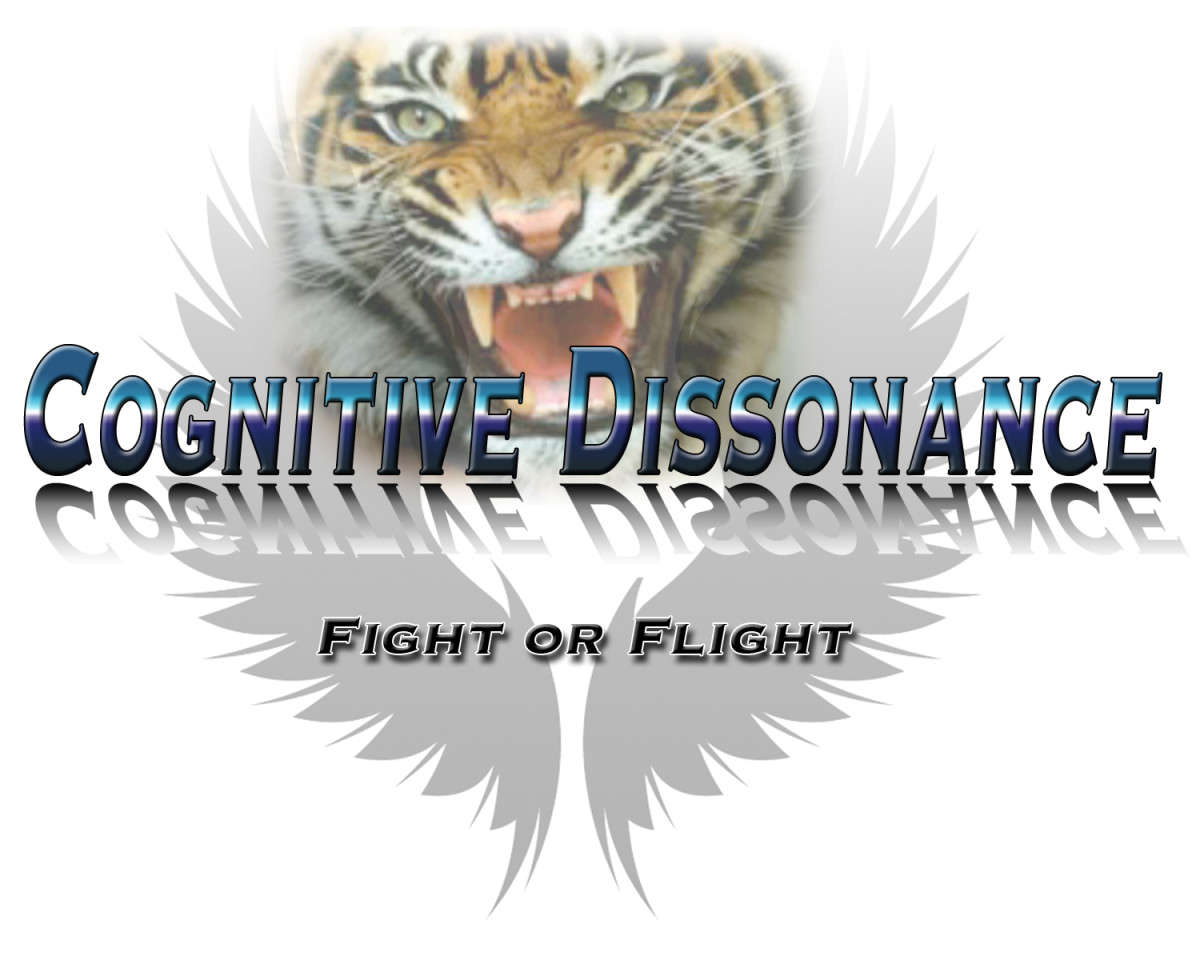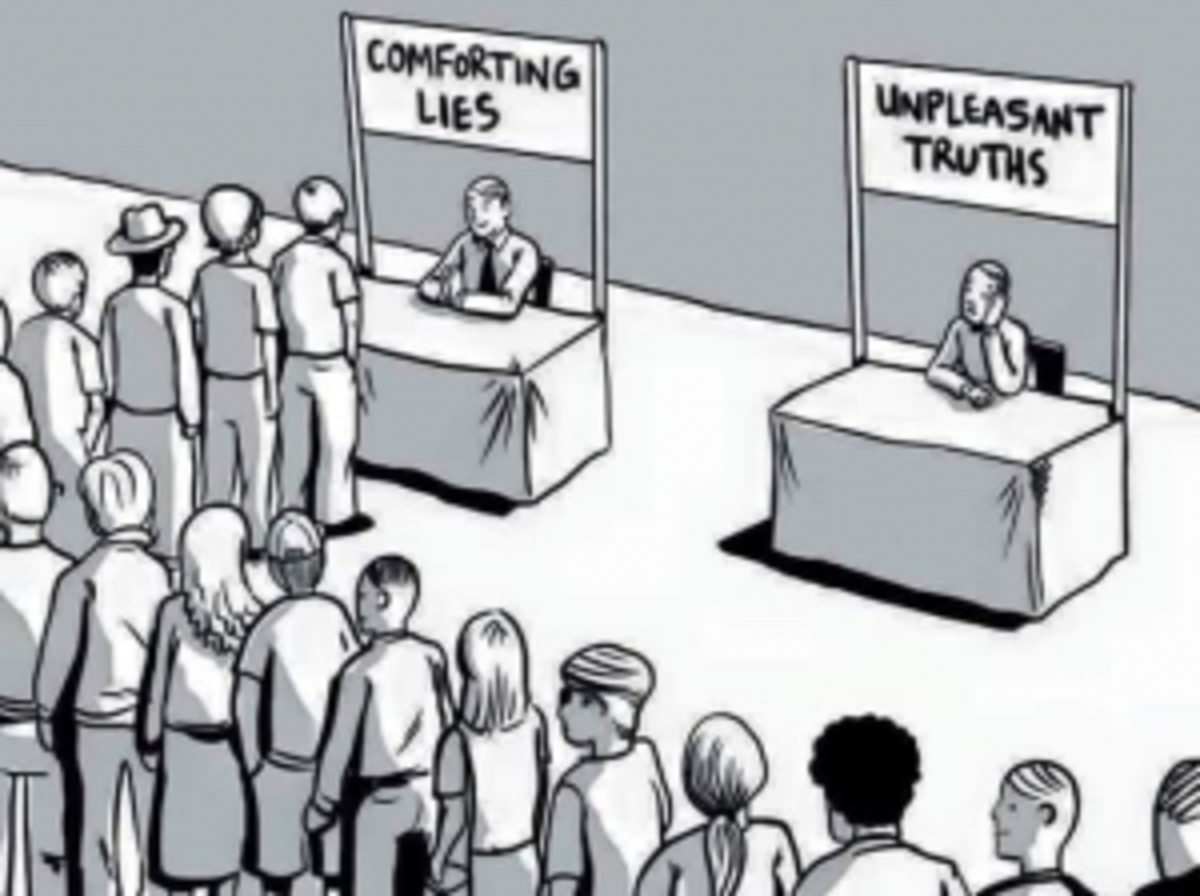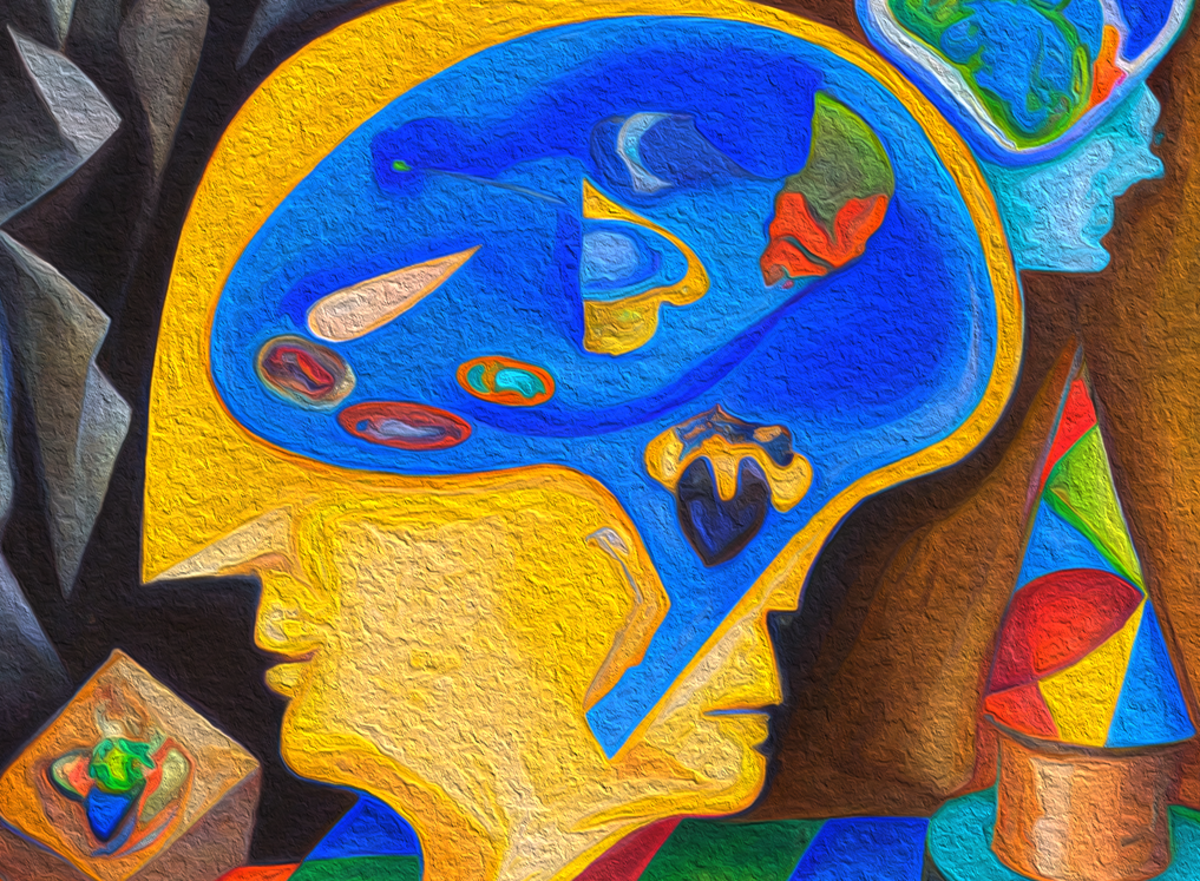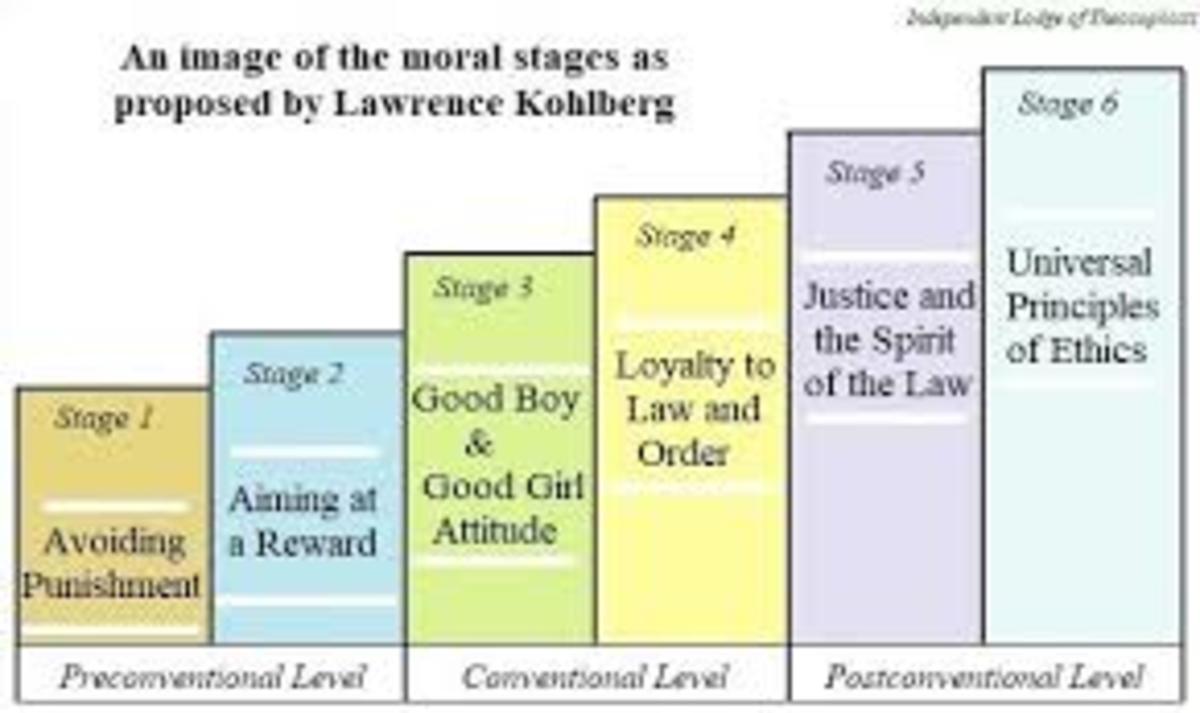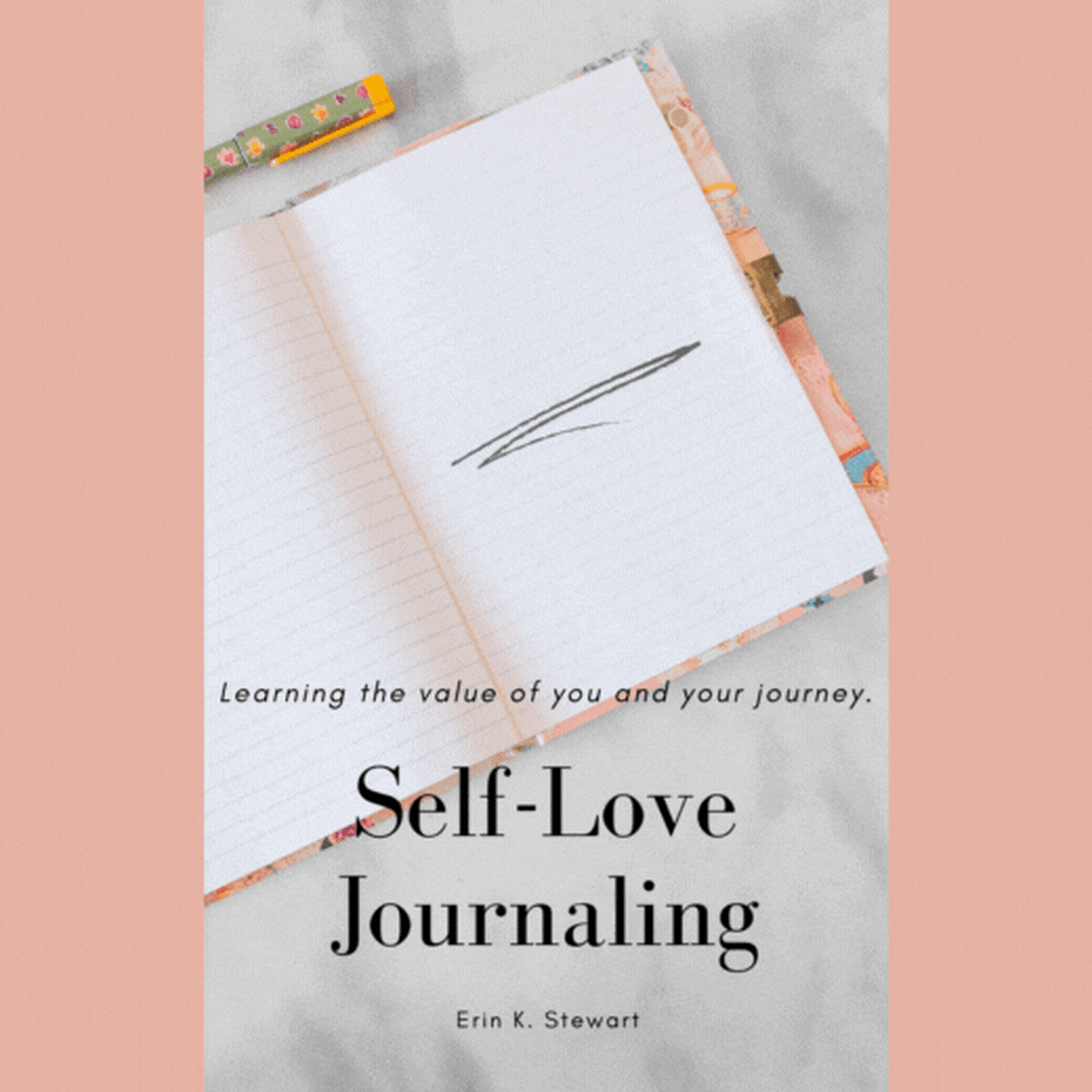- HubPages»
- Health»
- Personal Health Information & Self-Help»
- Mentally & Emotionally Balanced Living
Stories We Tell Ourselves
Cognitive Dissonance
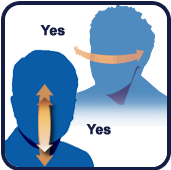
Cognitive Dissonance
Human behavior is a fascinating thing. We all tell ourselves stories about our own behavior and thoughts because it feels uncomfortable to have contradicting thoughts. We want our beliefs and our action to align closely and so we will rationalize, justify and deny the truth in order to make things easier to accept.
These ‘lies’ we tell ourselves are known as cognitive dissonance. If you look up dissonance in the dictionary, the definition has to do with a lack of agreement, or an inconsistency between actions and beliefs. The word cognitive has to do with thinking. So cognitive dissonance is about our thoughts trying to reconcile a difference between the things we do and the things we believe.
Cognitive dissonance is one of many tendencies we fill our minds with. We want to be right. We don’t want our beliefs challenged. We don’t want to second guess our decisions.
We want to avoid regrets. We will reject things that may even be better for us, if it causes cognitive dissonance, which makes us feel uncomfortable. We want to be right, we want to be wise, we want to hold true to our beliefs. Cognitive dissonance is part of our irrational thinking. When we think that there is a threat to our strong beliefs, cognitive dissonance exists.
Cognitive dissonance creates an uncomfortable feeling within ourselves. It causes an inner conflict and it can even cause us to change our behavior. But more often than not we justify our behavior by rationalizing the conflict or we justify our behavior by changing our thinking.
Anxiety and Our Thoughts

The Lies We Tell Ourselves
Our minds are pre-wired to think this way. It helps protect our sense of self, and we need to believe our view of the world is accurate. We need to calm the internal anxiety that comes about when we are faced with opposing forces. We don’t want to believe we could be making bad decisions and we need to resolve the anxiety that sits inside us from the opposing thoughts we may be dealing with.
We believe the things we tell ourselves with absolute certainty.
- we tell ourselves we can’t do, when really we don’t want to - the word can’t takes away our choices and power to do - by saying “I don’t want to, a person actually mentally feels they have a choice and therefore some power.
- we tell ourselves we deserve, to give ourselves instant gratification anbd comfort at that moment so we don’t have to deal with the feelings we are trying not to deal with. Doing this, makes a person feel like they are getting a reward to substitute for another feeling of deprivation.
- we tell ourselves we need - but we confuse need with want. Saying “I need” is actually freeing, because it helps you to believe in your own freedom to choose, instead of coming from a point of insecurity in an attempt to protect yourself from hurt.
- we tell ourselves we are right, no matter what. Believing that we know all the facts, that our recall is completely accurate, and that everyone else is wrong. This is a very harmful way to think. It keeps you stuck with only what you know and in the end you become a miserable person to be around.
- we tell ourselves we have no willpower.To a certain extent, we can exhaust some of our willpower. But we can strengthen our self control, even when we do lose it at times. Sometimes we tell ourselves we have no willpower because it is easier than trying to be disciplined.
- we tell our we will never get over something. It might feel that way and it might feel like things are too much to go through, but the truth is we can get through the tough times, we do have more resiliency than we give ourselves credit for, and we can get beyond the adversity we must deal with. Often we recuperate faster than we think we will, as long as we don’t let ourselves dwell on the negative and hold ourselves back. Even in times of great grief, the pain we feel, the difficult times, the heartbreak we endure will ease as we adjust to the changes that affect us. No one has to rush their feelings. Although we may never be the same, we can get over things, in whatever way that means to our survival.
- we tell ourselves we don’t judge others. We most certainly do judge people. it is a human necessity to be able to evaluate another’s actions and intentions. We judge people if they are doing the right things or the wrong things. We label people if they are short or tall, thin or heavy, bald or hairy, smart or dumb, young or old. It is all a form of judgment. We make internal decisions if we like the person or not, if they are competent or trustworthy, even if we don’t have enough information to make this decision. And our judgment affects our emotional response. Part of the reason we judge others is because we are trying to see how we fit in with them.
- we tell ourselves if only, then. We tell ourselves if only we lose weight, we will be happier. We tell ourselves if only we had more free ime, then we would spend more time with our family. We tell ourselves if only we didn’t have so much pressure, then we could quit smoking. We delude ourselves into thinking that there are reasons beyond our control we aren’t where we want to be.But the truth is that we can be happy at any weight, if we let ourselves. While we might need more free time because of our busy schedules, there are usually ways to be more efficient and squeeze a little more time for the things that are important to us. We tell ourselves we would like to quit smoking, but our lives are tougher than others and so we just can’t.
Cognitive Dissonance
Our Beliefs and Our Needs
Cognitive dissonance causes us to find an assortment of reasons to rationalize our actions and make us feel better about the things we do. If we don’t d this, we have to deal with the cognitive dissonance, which causes us great discomfort. We then need to find a way to relieve the discomfort.
We also lie to ourselves by making rash decisions. Our biases, that we may not even be aware of cause us to take cognitive shortcuts, where we are not evaluating the situation fully.
Cognitive dissonance was first described by a psychologist named, Leon Festinger in the 1950’s. He understand that we have internal discomfort when we are dealing with two thoughts that we can not reconcile readily. Festinger believed that the more uncomfortable we feel, the more we want to reduce the difference between these beliefs.
The theory is based on the idea that if a person’s action goes against their belief, they will alter their beliefs or their actions to align with better with each other, whether this is actually true in reality or not. We want our decisions to make sense to ourselves, to justify why we do what we do. We want to feel like we are right and we have made the correct choices.
We try to avoid self doubt and to second guess ourselves. We want to be wise, and believe that we know best. This causes us to limit our intake of new information, or to be open to new ways of thinking about things. The desire to fit things into our set beliefs motivates this behavior, and is known as confirmation bias.
It is Okay to Challenge Our Thinking
Cognitive dissonance is related to rationalizing, denying, biases, and other defense mechanisms. We do this to protect our sense of self. This leads to faulty thinking and can actually interfere with our learning and future better decisions. So metimes it causes people to commit to a course of action that may not be the best choice. It can cause someone to reject other options and close themselves off to the possibility of better alternatives, losing opportunities that they may have benefitted from.
Regret is a painful pill, and in order to seek closure, a person will find a reason to make their decision or action okay with themselves. But these compromises come at a cost and you don't have to be one of these people.
People feel cognitive dissonance to differing degrees. Some people have a higher interna need for consistency.
So what can we do about the lies we tell ourselves. Small little lies we tell ourselves, just like the white lies we tell others are not necessarily harmful. Yet, they can be cumulative and bigger lies may interfere with our overall well being.
The best way to understand what we are doing and feeling and to change is through self awareness. A famous quote from Socrates “An unexamined life is not worth living.” tells us that it okay to question some of our internal workings that make us behave the way we do. It will only help you move forward and live better for tomorrow.


